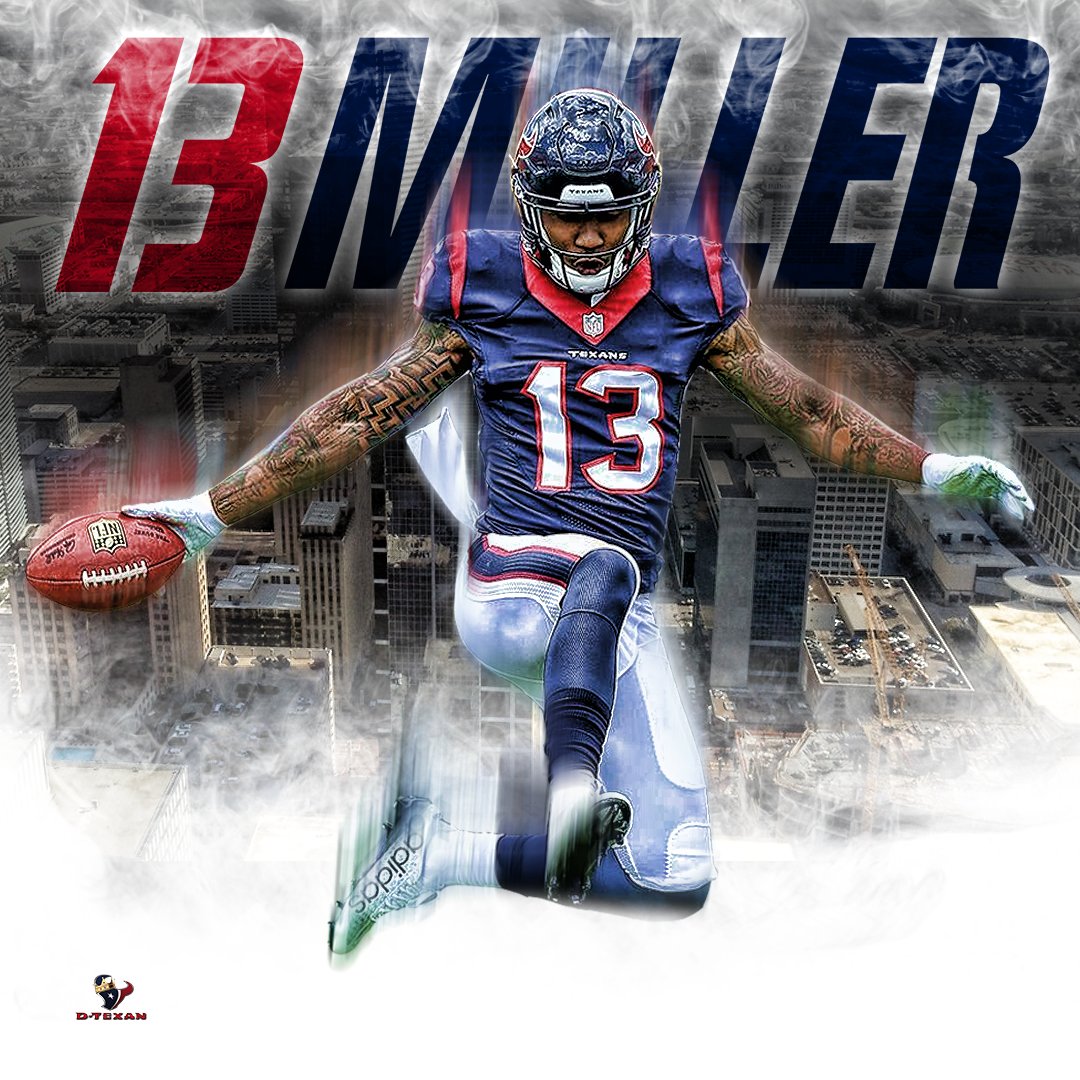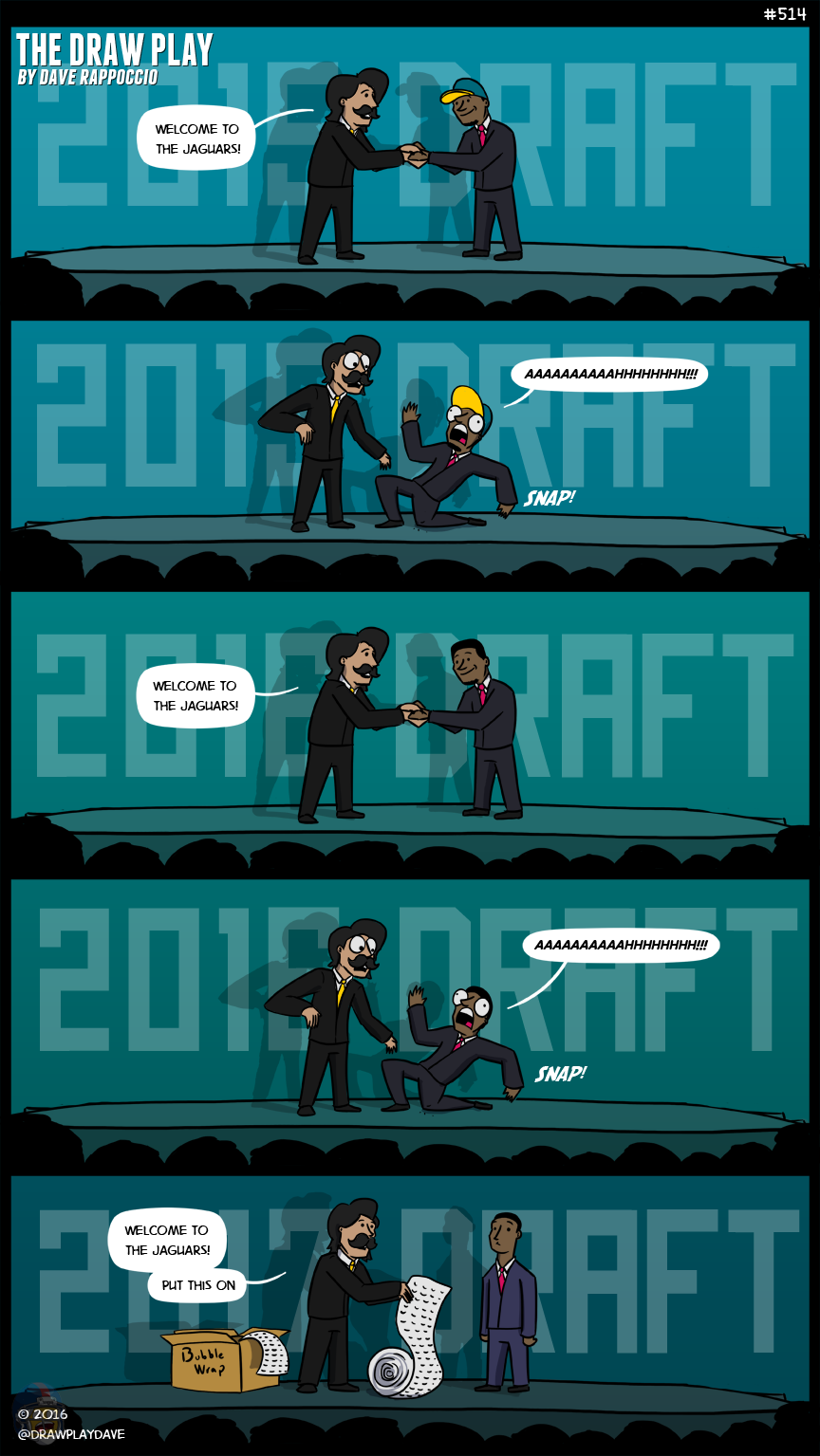The 91-page report describes how the NFL pressured the National Institutes of Health to strip the $16 million project from a prominent Boston University researcher and tried to redirect the money to members of the league's committee on brain injuries. The study was to have been funded out of a $30 million "unrestricted gift" the NFL gave the NIH in 2012.
After the NIH rebuffed the NFL's campaign to remove Robert Stern, an expert in neurodegenerative disease who has criticized the league, the NFL backed out of a signed agreement to pay for the study, the report shows. Taxpayers ended up bearing the cost instead.
The NFL's actions violated policies that prohibit private donors from interfering in the NIH peer-review process, the report concludes, and were part of a "long-standing pattern of attempts" by the league to shape concussion research for its own purposes.
"In this instance, our investigation has shown that while the NFL had been publicly proclaiming its role as funder and accelerator of important research, it was privately attempting to influence that research," the report states.
Democratic members of the House Committee on Energy and Commerce launched the investigation in December after Outside the Lines reported that the NFL backed out of the seven-year study, which aims to find methods for detecting -- in living patients -- chronic traumatic encephalopathy, or CTE, a disease found in dozens of deceased NFL players.
The report also shows:
The co-chairman of the NFL's committee on brain injuries, Dr. Richard Ellenbogen, was one of the league's "primary advocates" opposing Stern, even though Ellenbogen had applied for the same grant and stood to benefit personally. Ellenbogen previously denied to Outside the Lines that he tried to influence the NIH, but the report sharply criticizes his actions.
The NFL was warned that taxpayers would have to bear the cost of the $16 million study and that the NIH would be "unable to fund other meritorious research for several years" if the league backed out. The NFL offered a last-minute, $2 million payment after an intermediary suggested a partial contribution would "help dampen criticism." The NIH turned down the offer.
Even after an NIH review panel upheld the award to Stern, the NFL sought to funnel the $16 million to another project that would involve members of the league's brain injury committee. The plan would have allowed the NFL researchers to avoid the NIH's rigorous peer-review process. NIH Director Francis Collins rejected the idea.






